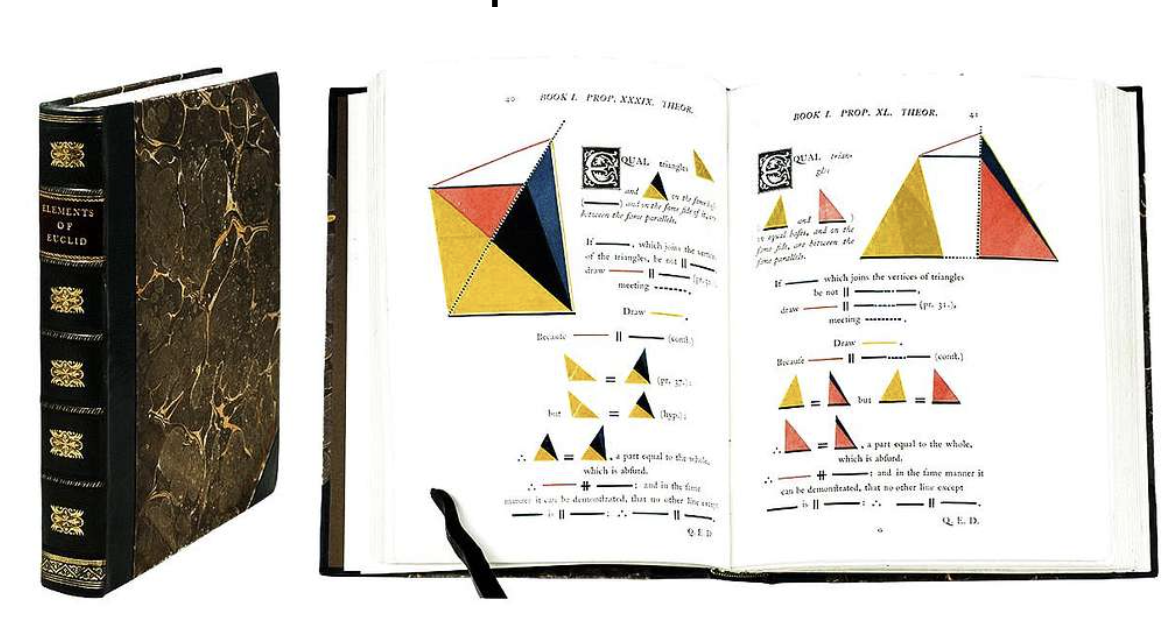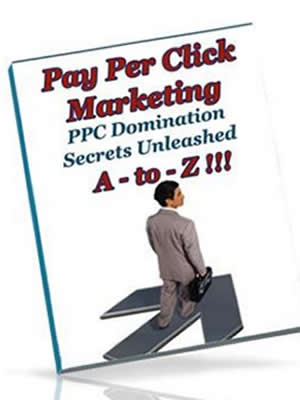What Are Good Pop Math Books
Pop math books—short for popular mathematics books—aim to make complex mathematical ideas accessible and engaging to a broad audience. Unlike academic textbooks, these books don't assume a deep math background. Instead, they invite readers into the world of numbers, patterns, theories, and logic through storytelling, analogies, and often humor.
The primary goal is to demystify math. These books make abstract theories feel tangible and relatable, often linking them to art, nature, music, and even politics. In a world where math is often seen as inaccessible, pop math authors serve as translators between mathematicians and everyday readers.
We Were Based on Online Discussions and Recommendations from Reddit and StackExchange
Reddit Discussions on Good Pop Math Books
A vibrant discussion on r/math has unearthed many favorites among math lovers. One standout recommendation is "The Joy of x" by Steven Strogatz, often praised for its clarity and charm in explaining foundational concepts with relatable anecdotes. "Fermat’s Enigma" by Simon Singh also garners much love for its story-like approach to one of math's most famous theorems.
Redditors emphasize the importance of books that strike a balance between storytelling and depth. The consensus? Good pop math books are those that make readers feel smarter without making them feel overwhelmed.
Math StackExchange Recommendations
On Math StackExchange, the focus often shifts to books suitable for advanced readers or those gifting to someone with a strong math background. Here, titles like "The Princeton Companion to Mathematics" and "Gödel, Escher, Bach" by Douglas Hofstadter come up repeatedly.
These recommendations point to books that maintain rigor while remaining engaging, offering a more academic yet still popular take on mathematical ideas.
Popular Academic Books
STEM books—covering Science, Technology, Engineering, and Mathematics—are designed to educate and inspire readers by exploring the principles that shape our world. In addition to books, exploring STEM programs can begin with accessible learning tools such as biology notes. For instance, using a resource like the embryo development gizmo answer key offers a focused and practical look at developmental biology. These kinds of notes help bridge theoretical concepts with hands-on learning, making them valuable for diving into complex STEM topics from a foundational level.
These books range from theoretical explorations of physics and pure mathematics to accessible introductions to biology, chemistry, and computer science.
Many blend narrative storytelling with deep scientific insight, offering a gateway to complex ideas through real-world applications, historical accounts, or thought-provoking analogies. Whether it's decoding DNA, unraveling the secrets of the universe, or understanding how machines think, STEM books provide both foundational knowledge and a deeper appreciation for the intricacies of the natural and digital worlds.
A. Mathematics
Gödel, Escher, Bach by Douglas Hofstadter: Explores the deep connections between math, art, and music.
The Princeton Companion to Mathematics edited by Timothy Gowers: A comprehensive reference for serious learners.
Flatland by Edwin A. Abbott: A classic allegory about dimensions and the limitations of perception.
B. Physics
A Brief History of Time by Stephen Hawking: A foundational book that blends theoretical physics and cosmology.
The Feynman Lectures on Physics by Richard Feynman: Covers basic physics in an engaging tone.
Six Easy Pieces by Richard Feynman: Introduces key concepts from the Feynman Lectures.
C. Biology
The Selfish Gene by Richard Dawkins: Presents evolution through the lens of gene-centered selection.
The Gene: An Intimate History by Siddhartha Mukherjee: A historical and scientific dive into genetics.
The Double Helix by James D. Watson: Chronicles the discovery of DNA’s structure.
D. Chemistry
The Disappearing Spoon by Sam Kean: Fascinating tales from the periodic table.
Napoleon’s Buttons by Penny Le Couteur & Jay Burreson: Highlights 17 molecules that influenced history.
Stuff Matters by Mark Miodownik: Explores the science behind everyday materials.
E. Computer Science
Code by Charles Petzold: Explains how computers work from the ground up.
Structure and Interpretation of Computer Programs by Abelson & Sussman: A foundational CS book using Scheme.
Introduction to the Theory of Computation by Michael Sipser: A go-to resource for theoretical CS.
Recommended Pop Math Books for Beginners
"The Joy of x" by Steven Strogatz
Strogatz invites readers into the beauty of everyday math, from relationships to Google searches. With a conversational tone and relatable examples, he demonstrates that math is everywhere—and it’s fun.
"The Number Sense" by Stanislas Dehaene
A blend of neuroscience and math, this book explores how humans perceive numbers. Dehaene uses psychological studies to explain why we understand quantities the way we do, making it enlightening for those curious about the human brain.
"A Mathematician’s Lament" by Paul Lockhart
A manifesto for rethinking how math is taught, this book reveals the artistic and creative side of mathematics. It’s not just about formulas—it’s about patterns, ideas, and beauty.
Best Pop Math Books for the Curious Mind
"Fermat’s Enigma" by Simon Singh
The book chronicles the centuries-long journey to solve Fermat's Last Theorem. Singh masterfully weaves history, personalities, and mathematical insights into a narrative that feels like a detective story.
"The Man Who Knew Infinity" by Robert Kanigel
This biography of Ramanujan offers more than just a life story; it delves into the world of pure mathematics through the lens of an extraordinary mind and his collaboration with G.H. Hardy.
"Gödel, Escher, Bach" by Douglas Hofstadter
A heady mix of logic, symmetry, and philosophy, this book connects ideas across disciplines. It's intellectually demanding but incredibly rewarding for those who stick with it.
Pop Math Books for Those Interested in Puzzles and Games
"The Mathematical Tourist" by Ivars Peterson
Peterson offers bite-sized explorations of math concepts and puzzles that tickle the brain. Great for those who enjoy hopping from topic to topic.
"The Colossal Book of Mathematics" by Martin Gardner
A must-have for puzzle lovers. Gardner’s collection dives deep into mathematical curiosities with a playful tone that makes even tough problems enjoyable.
Pop Math Books for Advanced Readers
"Flatland: A Romance of Many Dimensions" by Edwin A. Abbott
Written in 1884, this novella imagines a two-dimensional world, serving as both satire and a primer on higher-dimensional thinking.
"The Princeton Companion to Mathematics" edited by Timothy Gowers
This isn’t light reading, but it's one of the most comprehensive and accessible references for anyone ready to dive deeper into mathematics.
Wrapping Up: Why You Should Read Pop Math Books
Pop math books are more than just an escape from dry textbooks. They open doors to new ways of thinking, highlight the beauty and relevance of mathematics, and make complex ideas approachable. Whether you're solving a puzzle, exploring the infinite, or revisiting math after years away, there's a book out there that speaks your language. Find one that intrigues you and let curiosity do the rest.







